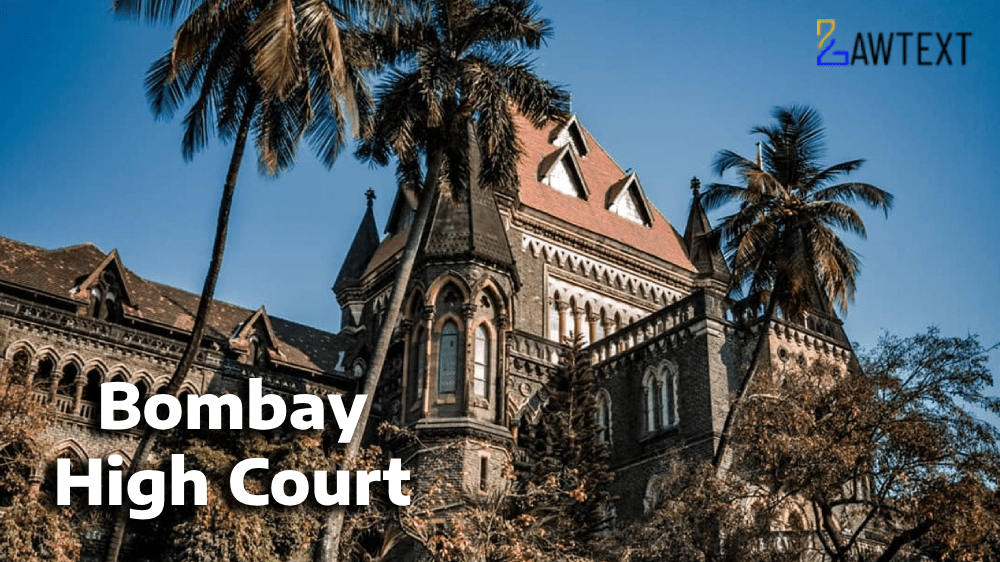"High Court Quashes Obscenity Confiscation of Artistic Nudes – Upholds Artistic Freedom and Contemporary Standards" "Art is not Obscenity – Customs Authorities Directed to Release Confiscated Artworks."

CASE NOTE & SUMMARY
Facts and Procedural History
-
Parties Involved
- Petitioner: B.K. Polimex India Private Limited
- Respondents: Union of India, Central Board of Indirect Taxes and Customs, Assistant Commissioner of Customs, Principal Commissioner of Customs.
-
Facts of the Case
- In 2022, the petitioner lawfully imported artworks by renowned artists F.N. Souza and Akbar Padamsee.
- Upon arrival, customs authorities seized the artwork on grounds of obscenity under the Customs Act, specifically citing a 1964 notification prohibiting the import of obscene material.
- The Assistant Commissioner of Customs (ACC) passed an order confiscating the artworks, imposing a fine, and mentioning potential destruction.
-
Customs Act Involved
- Customs Act, 1962: The ACC invoked Section 11, supported by a 1964 notification restricting the import of “obscene” materials, to justify confiscation.
Legal Issues
- Determination of Obscenity in Art
- Whether the nudes by Padamsee and Souza qualify as obscene, warranting confiscation under the Customs Act.
- Role of Authority and Jurisdiction
- Whether the ACC’s personal assessment of “obscenity” aligned with legal standards and existing jurisprudence.
Court’s Observations and Legal Reasoning
-
Context of Obscenity in Art
- The court emphasized the evolving definition of obscenity, highlighting previous Supreme Court rulings rejecting narrow interpretations. It noted that artworks depicting nudity or sexual poses cannot be deemed obscene solely on such grounds.
-
Freedom of Artistic Expression
- The court underscored the freedom of expression, referencing several precedents where artistic works were protected despite moral challenges. The court noted that even acclaimed national galleries display nude artworks.
-
Rationale for Quashing Confiscation Order
- The ACC’s reasoning was deemed biased and rooted in personal convictions, disregarding expert opinions, cultural context, and legal precedents, thus violating the principle of “rule of law.”
-
Alternative Remedies
- While the ACC argued an alternative remedy (appeal) was available, the court allowed direct relief, citing potential irreparable harm to valuable art.
Ratio Decidendi
The High Court held that artistic depictions of nudity or sexual themes do not automatically amount to obscenity. Obscenity must be assessed with regard to contemporary societal standards and the broader context of the work. Public officials cannot impose personal moral views on artistic expressions that adhere to lawful and widely accepted artistic standards.
Judgment
The court quashed the confiscation order, directing customs to release the artworks, reinforcing that art and obscenity are not synonymous and must be carefully differentiated by objective standards.
Subjects: Obscenity, Artistic Freedom, Customs Law, Cultural Expression
ISSUE OF CONSIDERATION
M/s. B. K. Polimex India Private Limited Versus Union of India & Ors.
Citation: 2024 LawText (BOM) (10) 250
Case Number: WRIT PETITION NO. 14437 OF 2024
Date of Decision: 2024-10-25
Case Title: M/s. B. K. Polimex India Private Limited Versus Union of India & Ors.
Before Judge: M.S. Sonak & Jitendra Jain, JJ.
Advocate(s): Mr Shreyas Shrivastava, a/w Mr. Saurabh Shrivastava and Ms. Shraddha Swarup for the Petitioner. Mr Jitendra B Mishra, a/w Mr. Abhishek Mishra and Mr. Rupesh Dubey for the Respondents.
Appellant: M/s. B. K. Polimex India Private Limited
Respondent: Union of India & Ors.

